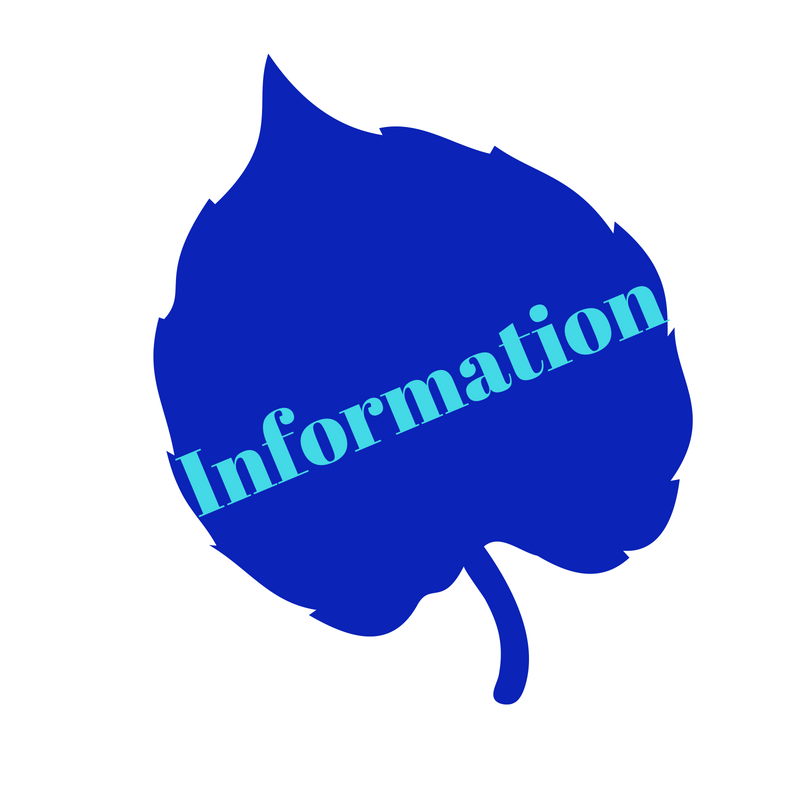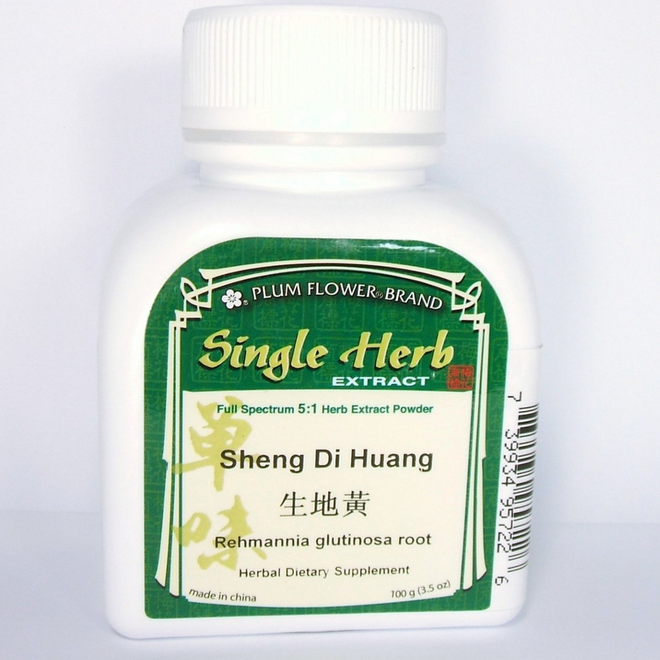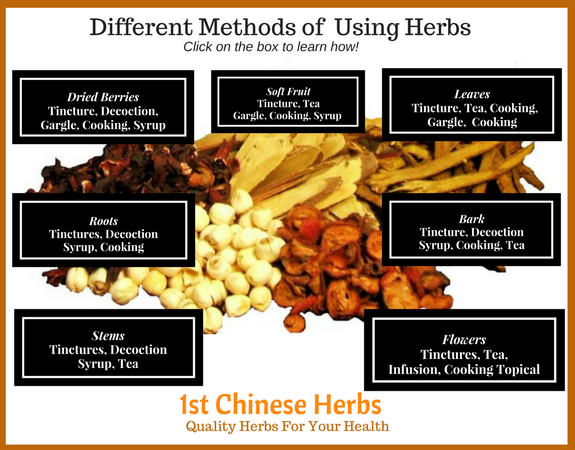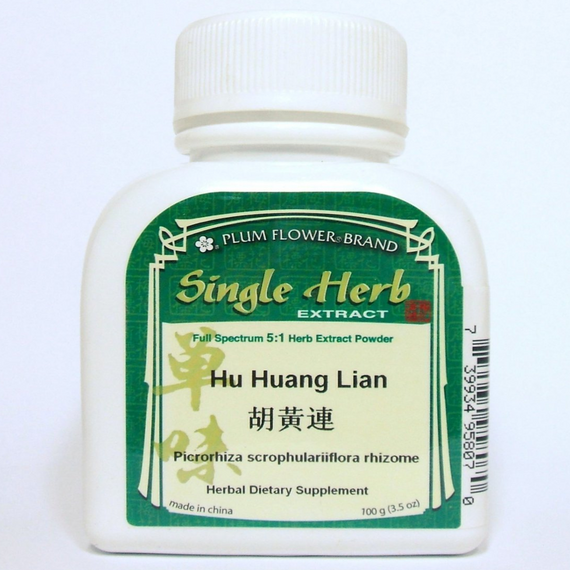Why Is Sheng Di Huang In Extract Powder Form Easier To Use?
In Traditional Chinese Medicine (TCM), Sheng Di Huang in extract powder form is highly valued for its convenience and potency. The extract powder allows for quicker absorption and easier integration into daily routines, making it more accessible for modern use. This form retains the herb’s key properties—cooling, nourishing Yin, and clearing heat—while offering a concentrated dosage. The powdered extract is especially useful in formulas where precise measurements are crucial, ensuring consistent effectiveness in treating conditions like Yin deficiency, heat-related symptoms, and blood disorders. Additionally, it provides a long shelf life, making it a practical choice for both practitioners and patients seeking the benefits of Sheng Di Huang.
Herbal Information on Rehmannia Root in Extract Powder Form
Common Name: Rehmannia Root, Radix Rehmanniae
Botanical Name: Rehmannia glutinosa root - raw
Channels/Meridians: Heart, Kidney, Liver
Pin Yin Name: Sheng Di Huang
Other Ingredients: Dextrin (non GMO corn)
Package Size: 100 grams (3.5 oz.)
Form: Single Herb Extract Powder
Origin: China
Brand: Plum Flower
Cautions: Do not use if pregnant or nursing. May interfere with medications.
Naturally Occurring Components: lidoids, sugars, lysine, histidine, arginine, sapartic acid, glutamic acid, threonine, serine, gluycine, alamine, valine, isoleucine, leucine, trosine, phenylaline, y-aminobtyric acid, amino acid, glucosamine, d-mannitol, phosphoric acid, β-siterol, daucosterol, 1-ethy-β-D-galactoside, adenoside, non organic elements
Product Properties: Sweet, Bitter, Cold
 Additional Information about Sheng Di Huang
Additional Information about Sheng Di Huang
Listed as one of the fifty most important Chinese herbs, it was first mentioned in Chinese medical literature during the Han Dynasty around 206 B.C.1 Rehmannia root is also used in men's potency formulas, especially combined with Ginseng or Astragalus.2 Rehmannia root is also very useful in treating autoimmune diseases in general.3
Sheng Di Huang, also known as Rehmannia root, has been valued for centuries in Traditional Chinese Medicine (TCM) for its wide range of therapeutic benefits. It is commonly used to stop bleeding, clear fire heat, nourish the Yin, ease insomnia, and alleviate conditions such as wasting and thirst disorder. Additionally, Sheng Di Huang helps generate fluids in the body, providing essential hydration.
The fresh or dried roots of Rehmannia have been used throughout China to treat various ailments. Historically, it has even been utilized as a tonic to combat the effects of aging, supporting the body's vital force and strengthening the liver. Research studies have also suggested that Sheng Di Huang may be beneficial for treating conditions such as rheumatism, arthritis, weakened tendons, chronic fatigue syndrome, dry skin, and weak knees.
To experience the full benefits of Sheng Di Huang, it is recommended to take the herb consistently over a few months. Rehmannia root remains one of the most popular tonic herbs in TCM, where it has been used for thousands of years to promote overall health and vitality.
What Are The Health Benefits Of Sheng Di Huang?
Cooling and Moistening: Sheng Di Huang is classified as a "yin tonic" in TCM, meaning it is believed to nourish and moisten the body's yin energy. It is often used to address symptoms of "heat" conditions, such as fever, irritability, and dryness.
Kidney and Liver Health: Within TCM, Sheng Di Huang is associated with the Kidney and Liver meridians. It is thought to support these organs' functions, including nourishing kidney yin, balancing hormones, and improving overall vitality.
Anti-Inflammatory: Sheng Di Huang is believed to have anti-inflammatory properties, which could make it beneficial for conditions involving inflammation and heat, such as skin rashes or sore throats.
Hormonal Balance: In traditional herbal medicine, Sheng Di Huang is sometimes used to support hormonal balance, especially in women. It is believed to help regulate the menstrual cycle and alleviate menstrual discomfort.
Cooling Blood: Sheng Di Huang is thought to have a "cooling" effect on the blood, which might be useful in addressing conditions associated with excess heat in the blood, such as nosebleeds, bleeding gums, or hematuria (blood in urine).
Cardiovascular Support: Some studies suggest that Sheng Di Huang may have a positive impact on cardiovascular health. It is believed to help lower blood pressure and support heart health.
Adaptogenic Properties: While not as well-known as other adaptogens, Sheng Di Huang is sometimes considered to have adaptogenic qualities, helping the body cope with stress and maintain balance.
Bone Health: Traditional use of Sheng Di Huang also includes supporting bone health, potentially due to its role in nourishing the Kidney system.
It's important to note that Sheng Di Huang is typically used as part of a comprehensive herbal formula in TCM, rather than in isolation. If you are considering using Sheng Di Huang for its potential medicinal properties, it's advisable to consult a qualified healthcare practitioner, especially if you have underlying health conditions or are taking other medications.
Check out our How to Use Bulk Herbs page to see how to use herbs correctly. Our web page is constantly expanding, as of today we have articles on:
- How to make salves, poultice, tinctures, teas, capsules, gargles, and foot bathes
- How to make a citrus facial splash
- Cayenne pepper: Caterpillar and aphid spray ( Natural insect repellent )
- Citrus potpourri basket
About Plum Flower Quality Herb Powders
Plum Flower is an established worldwide manufacturer of high-quality Chinese herbs, and innovative Chinese medicinal herbs and products. Plum Flower uses sulfur-free herbs and laboratory tests its products for contamination and heavy metals, such as mercury, lead, and pesticides.
- Made at GMP internationally certified facilities (Good Manufacturing Practices) Quality control tests are done at the manufacturing site and at third party labs to confirm results.
- Manufactured using Unsulfured, Chlorine free, Aluminum Phosphate free herbs when possible.
- Microbials and heavy metals tested. No preservatives.
Manufacture's Statement: It is important to note that Plum Flower formula extract powders do not contain any excipients. They are spray-dried directly from the condensed herbal decoction, and the resulting powder is the natural yield of the formulation. Individual herbs can vary significantly in the amount of dissolved solids they yield during extraction. Many do not have the needed substance to form a powder, and our single herb extract powders contain a pharmaceutical-grade, non-GMO corn-based dextrin when necessary.
Traditional Chinese Herbs
Chinese Traditional herbs should be regarded as an added feature to modern western healthcare, and not as a replacement. Chinese traditional herbs (Teas) emphasize harmony, and balance.
Reference:
alternativehealing.org
1 Dharmananda, Subhuti. "Classical Physician Zhang Jingyue: The Rehmannia Doc." Institute for Traditional Medicine. June 2012. <http://www.itmonline.org/articles/rehmannia_doc/rehmannia_doc.htm>.
2 Huang Bingshan and Wang Yuxia. Thousand Formulas and Thousand Herbs of Traditional Chinese Medicine, Vol. 2. 1993 Heilongjiang Education Press, Harbin.
3 Cheung CS and Hirano M (translators), Huang BM. A brief discussion of the use of radix rehmannia by the ancient master Zhang Jingyue. Journal of the American College of Traditional Chinese Medicine 1982 (4): 33-37.






















